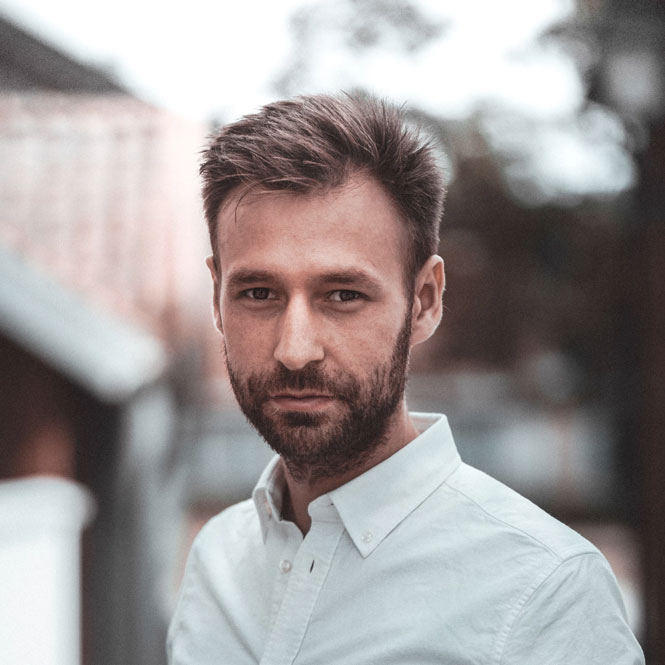Pauline Oliveros: Some thoughts on Sonification
Pauline Oliveros and host Scot Gresham-Lancaster have collaborated on many projects over the years and in this podcast they talk over some of that work with a focus on the pieces at the Art/Science boundary. The Deep Listening Art/Science Conference comes up as well as the interesting “moon bounce” pieces, “Echoes from the Moon.”
Bio: PAULINE OLIVEROS is a senior figure in contemporary American music. Her career spans fifty years of boundary dissolving music making. In the ’50s she was part of a circle of iconoclastic composers, artists, poets gathered together in San Francisco. Recently awarded the Scot Cage award for 2012 from the Foundation of Contemporary Arts, Oliveros is Distinguished Research Professor of Music at Rensselaer Polytechnic Institute, Troy, NY, and Darius Milhaud Artist-in-Residence at Mills College. Oliveros has been as interested in finding new sounds as in finding new uses for old ones –her primary instrument is the accordion, an unexpected visitor perhaps to musical cutting edge, but one which she approaches in much the same way that a Zen musician might approach the Japanese shakuhachi. Pauline Oliveros’ life as a composer, performer and humanitarian is about opening her own and others’ sensibilities to the universe and facets of sounds. Since the 1960’s she has influenced American music profoundly through her work with improvisation, meditation, electronic music, myth and ritual. Pauline Oliveros is the founder of “Deep Listening,” which comes from her childhood fascination with sounds and from her works in concert music with composition, improvisation and electro-acoustics. Pauline Oliveros describes Deep Listening as a way of listening in every possible way to everything possible to hear no Paulineer what you are doing. Such intense listening includes the sounds of daily life, of nature, of one’s own thoughts as well as musical sounds. Deep Listening is my life practice,” she explains, simply. Oliveros is founder of Deep Listening Institute, formerly Pauline Oliveros Foundation, now the Center For Deep Listening at Rensselaer.
more information hereOur Guests
-
 Pauline Oliveros founder of the Deep Listening Institute
Pauline Oliveros founder of the Deep Listening Institute -
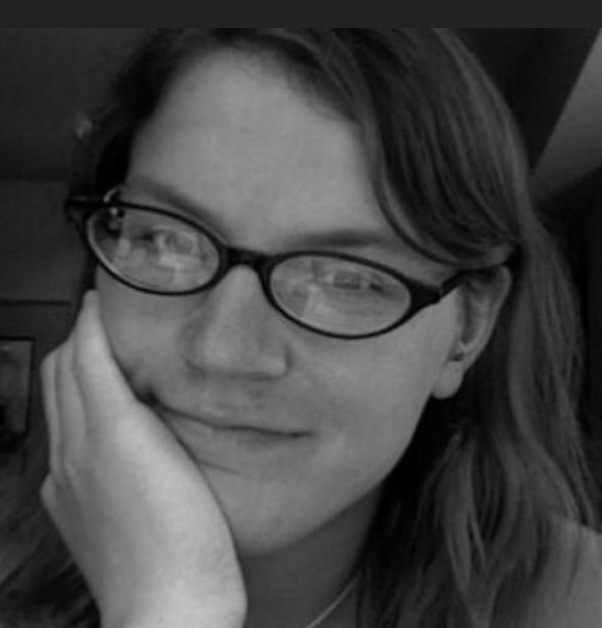 Jordan Wirfs-Brock Radio journalist & sonification
Jordan Wirfs-Brock Radio journalist & sonification -
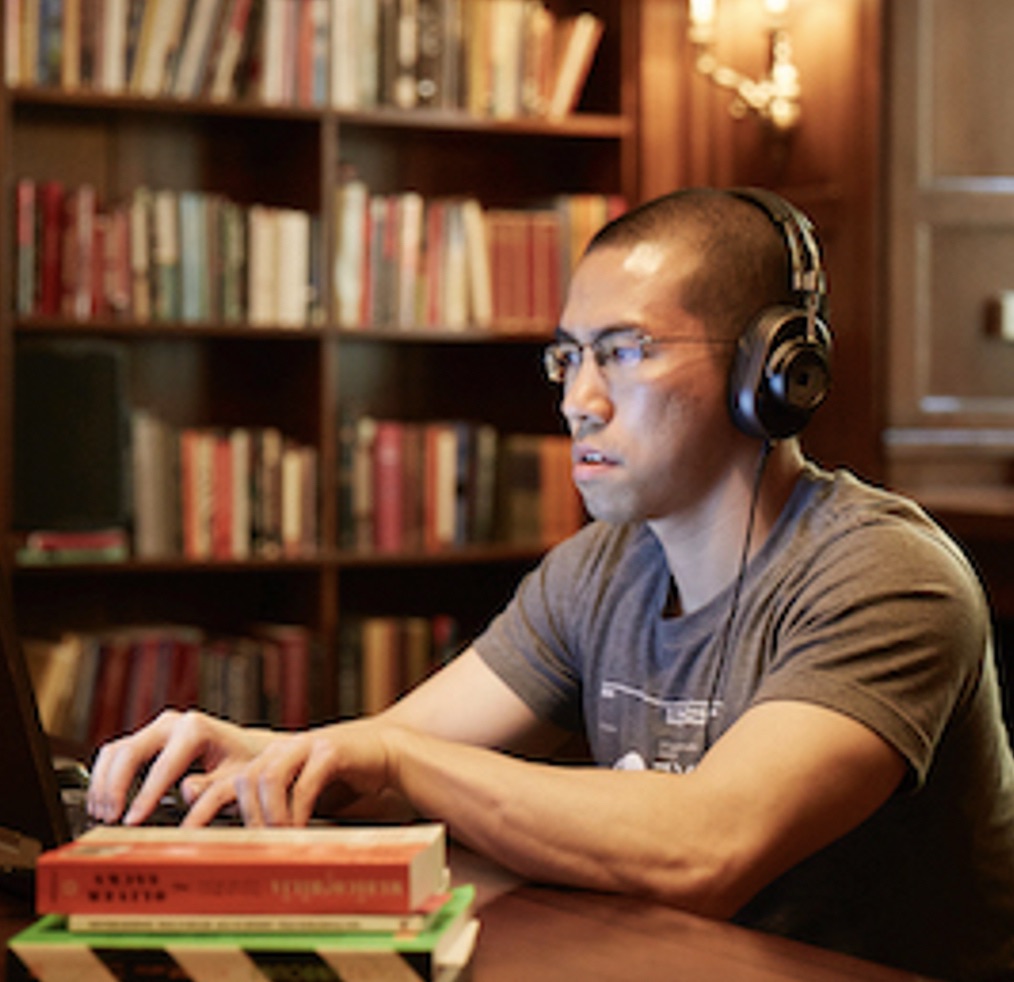 Brian Foo The Data Driven DJ
Brian Foo The Data Driven DJ -
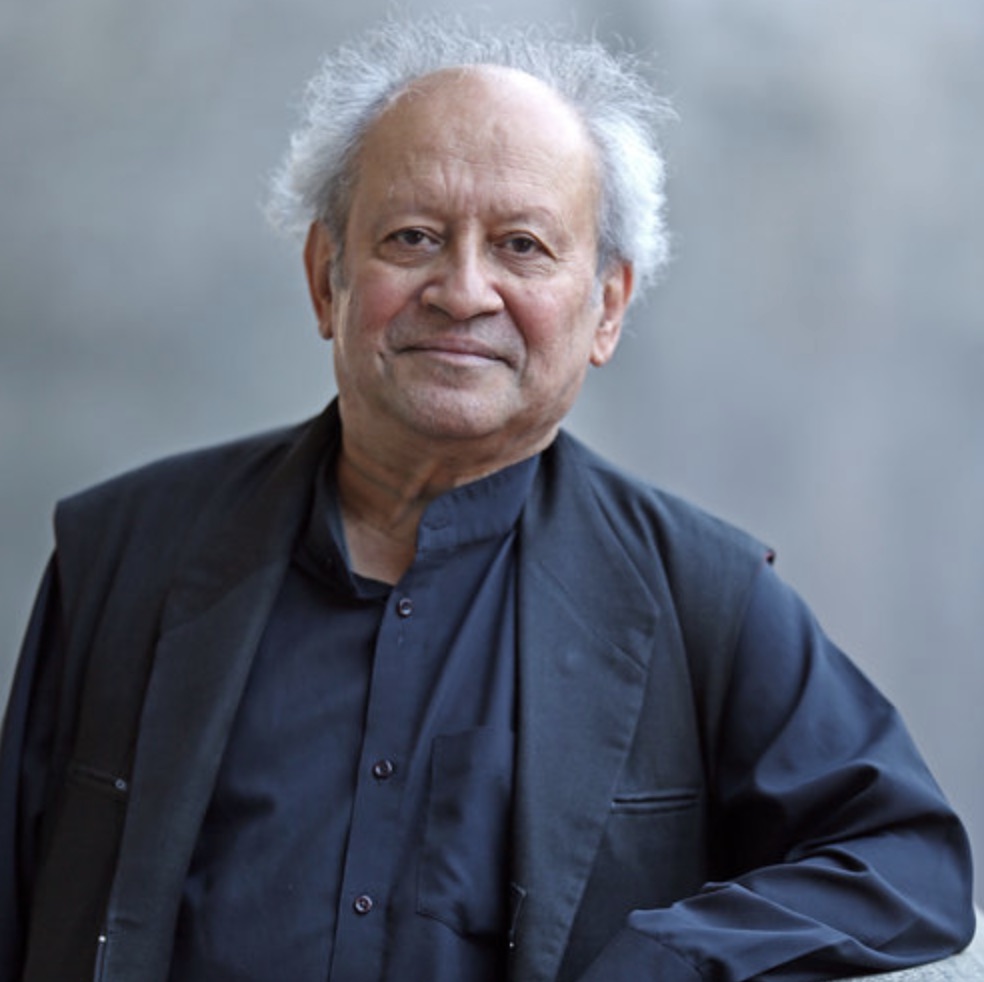 Clarence Barlow Data Composer Extrordanaire
Clarence Barlow Data Composer Extrordanaire -
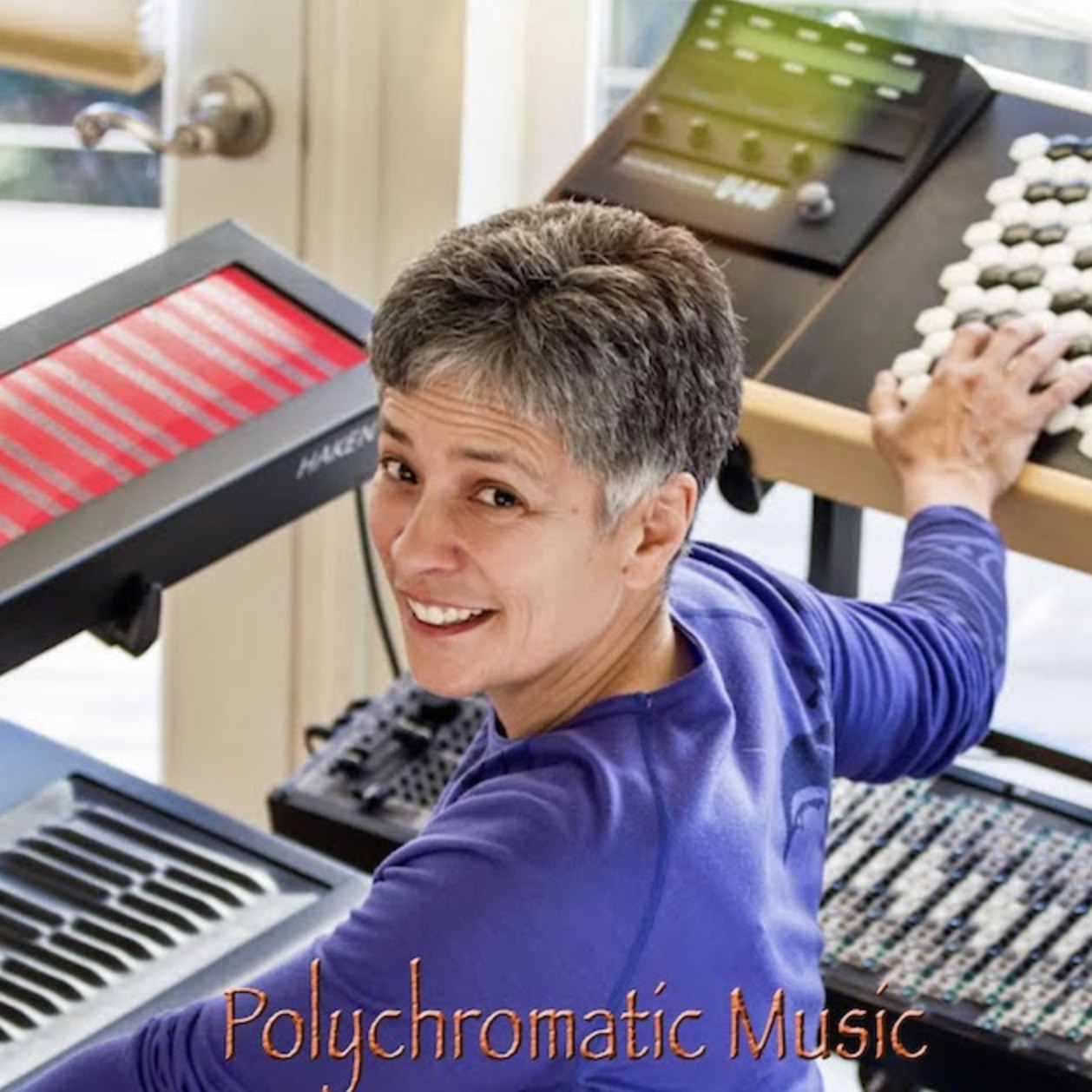 Dolores Catherino Poly Chromatic Music
Dolores Catherino Poly Chromatic Music -
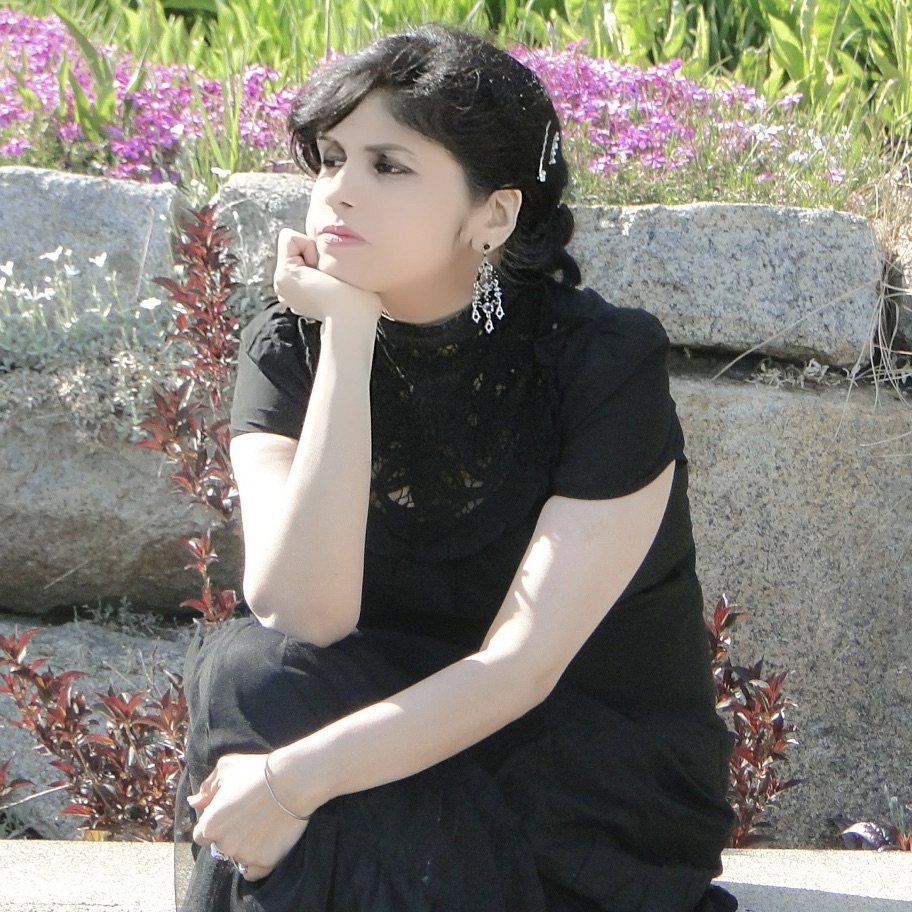 Ivanna Muse Cambridge Creation Lab
Ivanna Muse Cambridge Creation Lab -
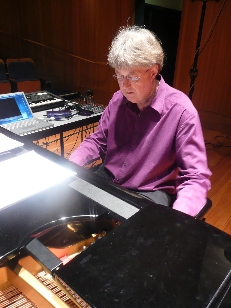 Roger Dean musician, biochemist and cognitive scientist
Roger Dean musician, biochemist and cognitive scientist -
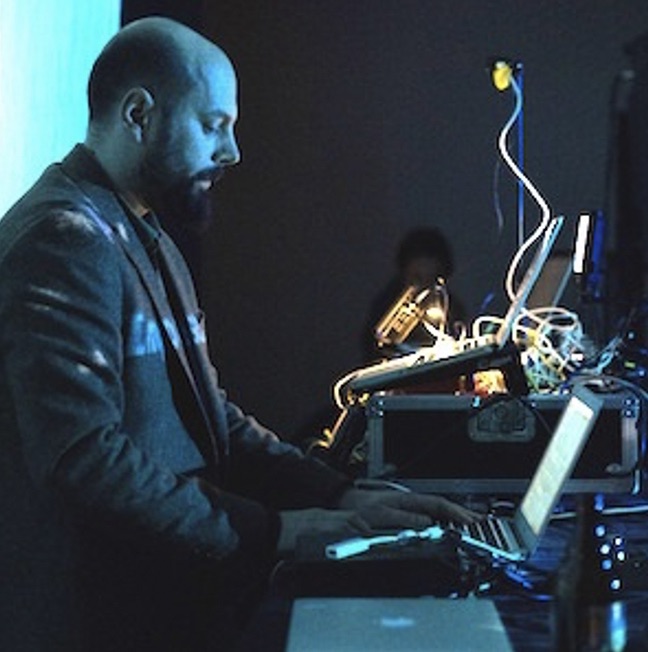 Konstantinos Vasilakos Sonification, gestural improvisation, and live coding
Konstantinos Vasilakos Sonification, gestural improvisation, and live coding -
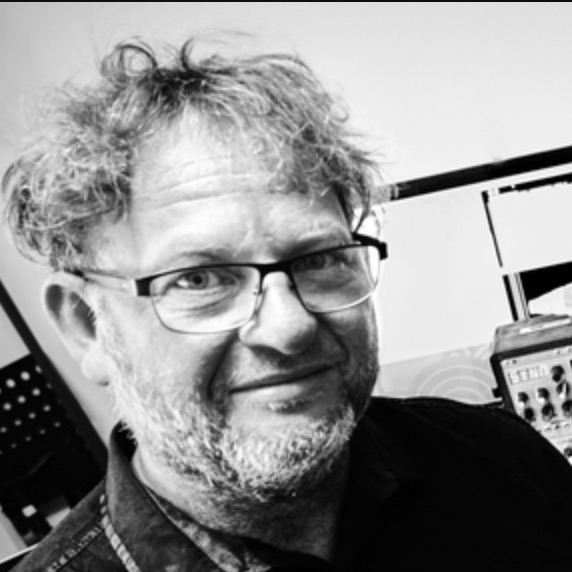 Garth Paine Composer - Acoustic Ecology Lab
Garth Paine Composer - Acoustic Ecology Lab -
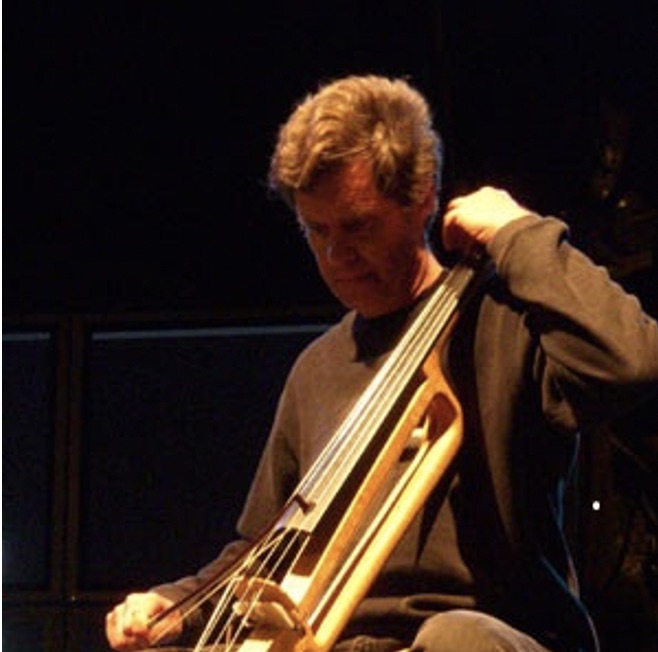 Chris Chafe Sonification Research CCRMA
Chris Chafe Sonification Research CCRMA -
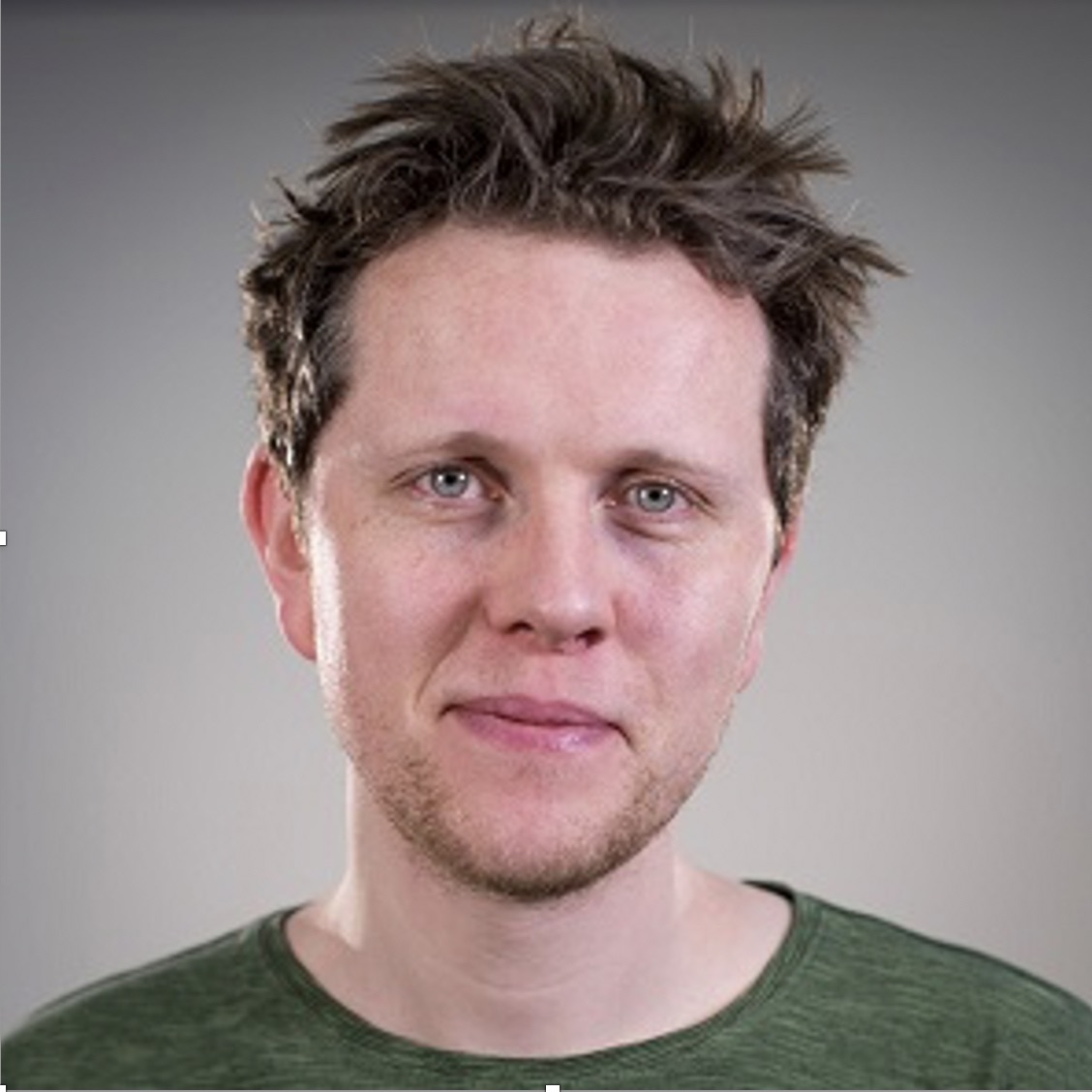 Martin Keary Muse and Sonification Critic
Martin Keary Muse and Sonification Critic -
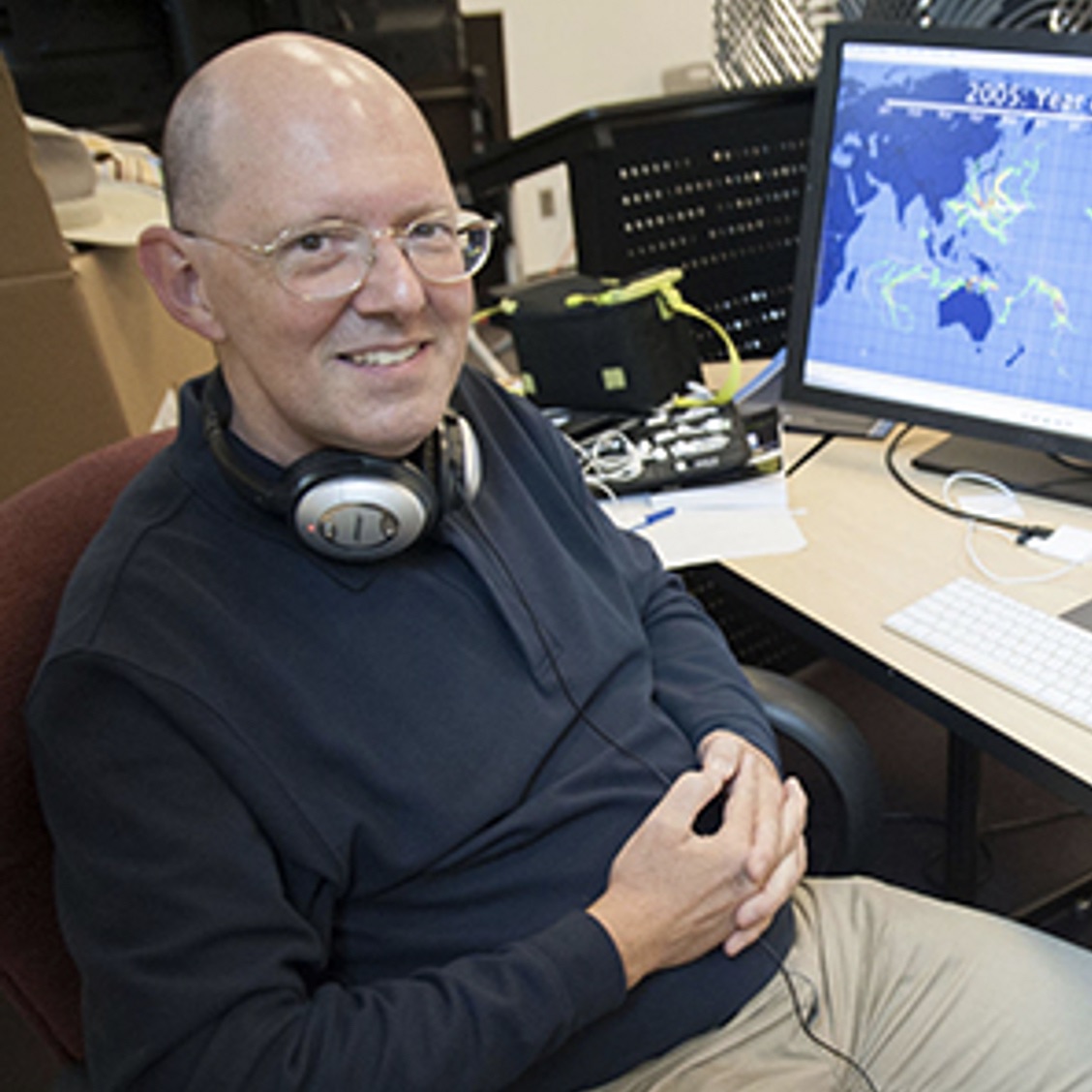 Mark Ballora The voice of real sonification
Mark Ballora The voice of real sonification -
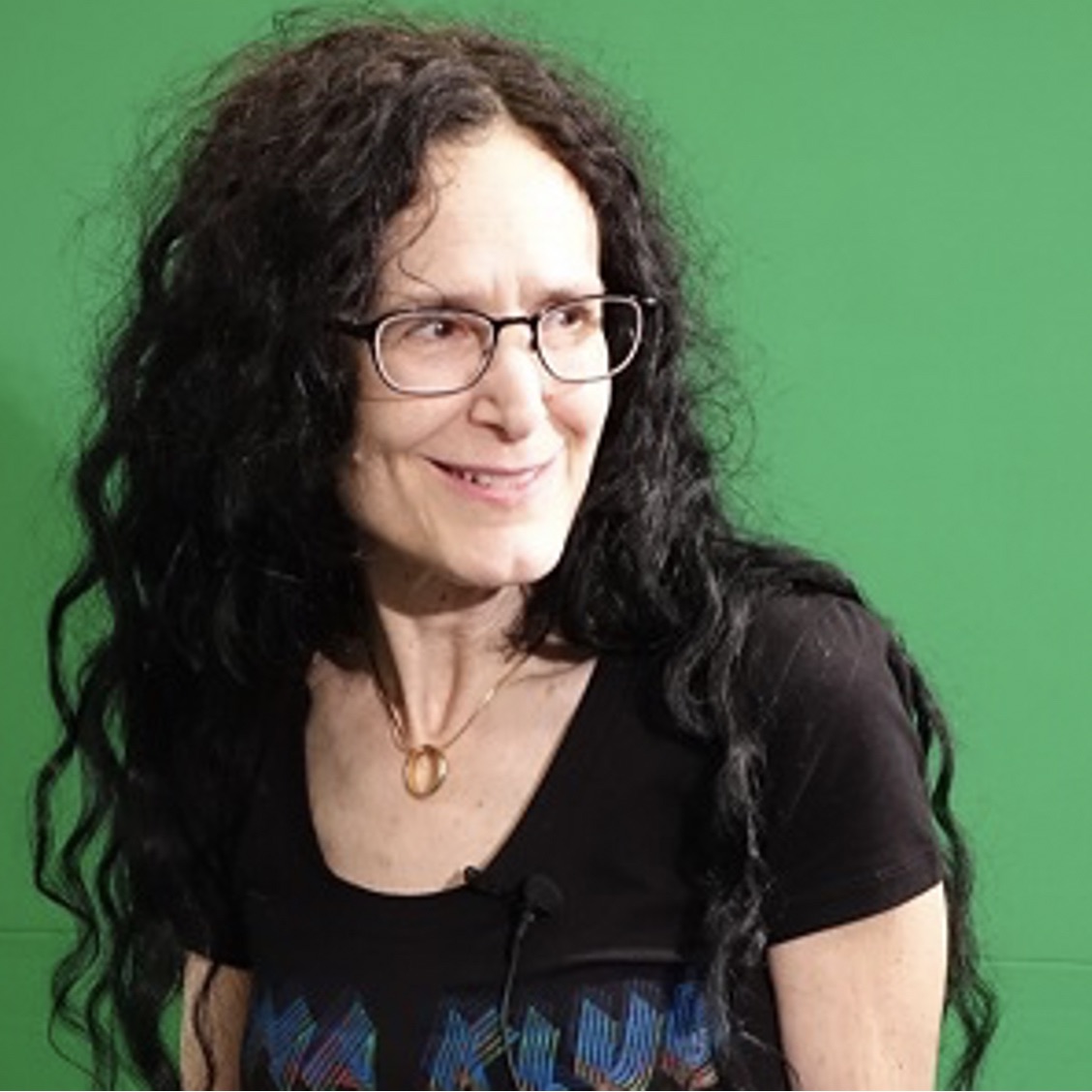 Carla Scaletti Early Sonification Pio
Carla Scaletti Early Sonification Pio -
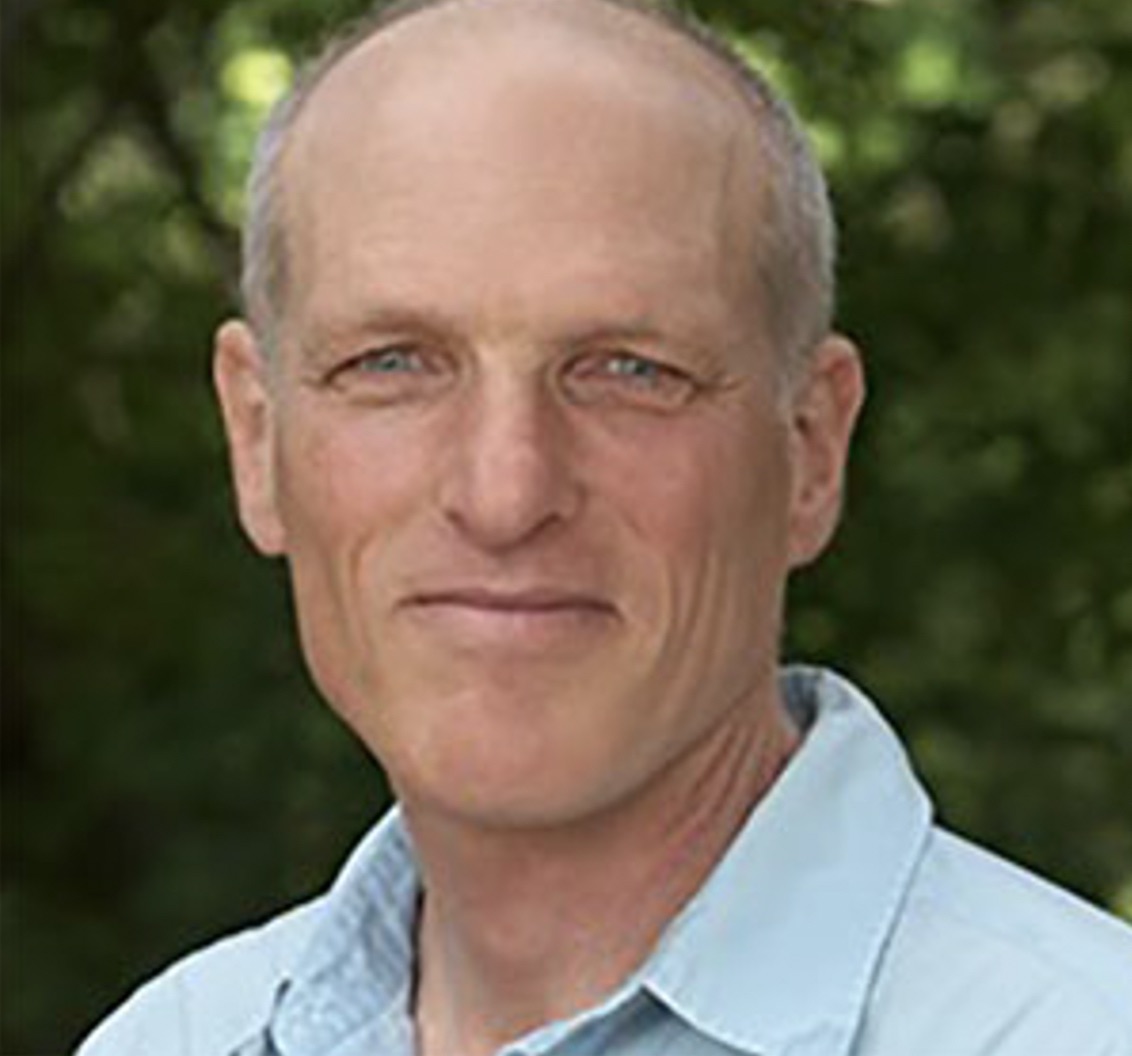 Gregory Kramer Early Sonification Artist
Gregory Kramer Early Sonification Artist -
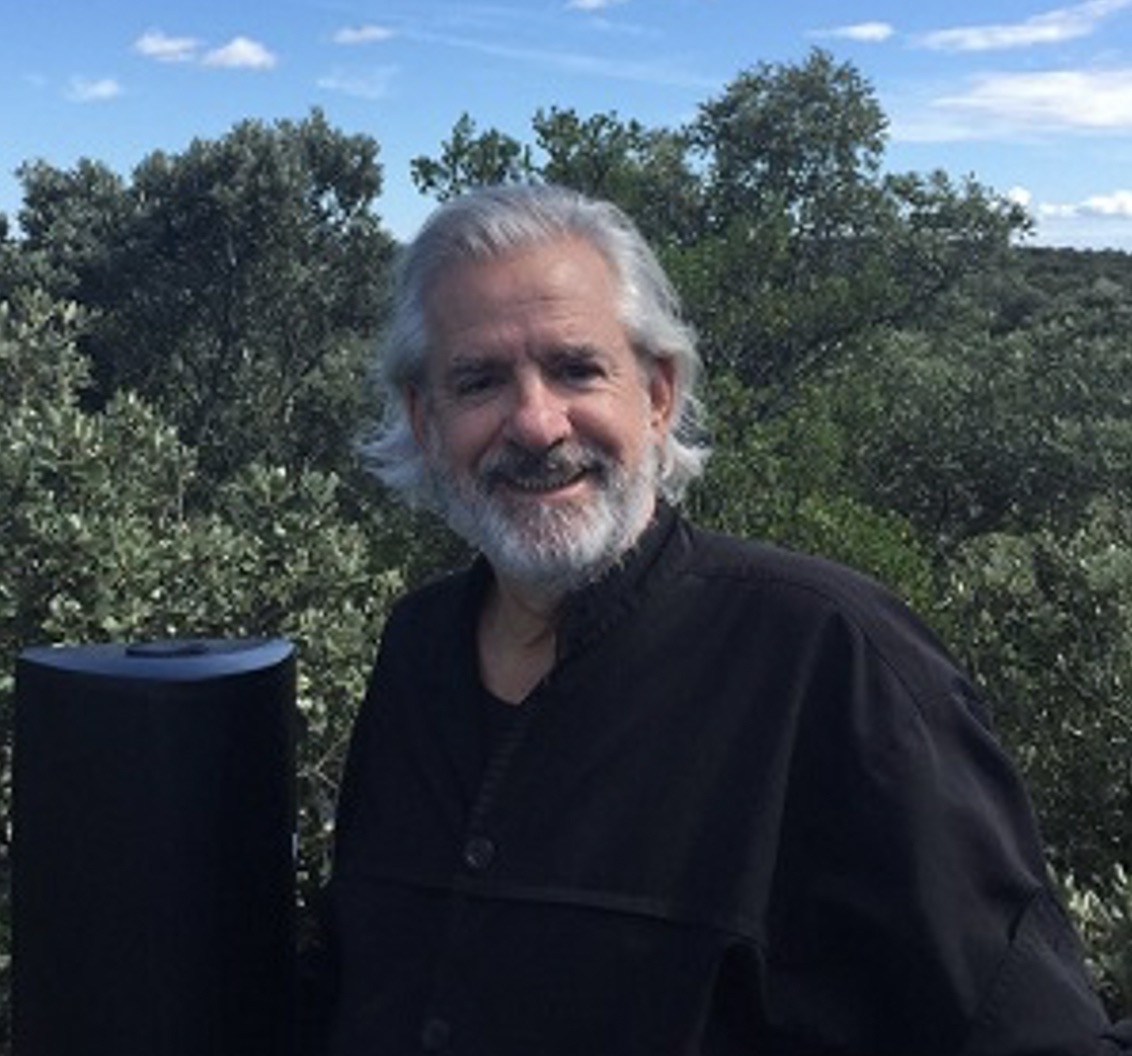 Bert Barten The Talking Trees Project
Bert Barten The Talking Trees Project -
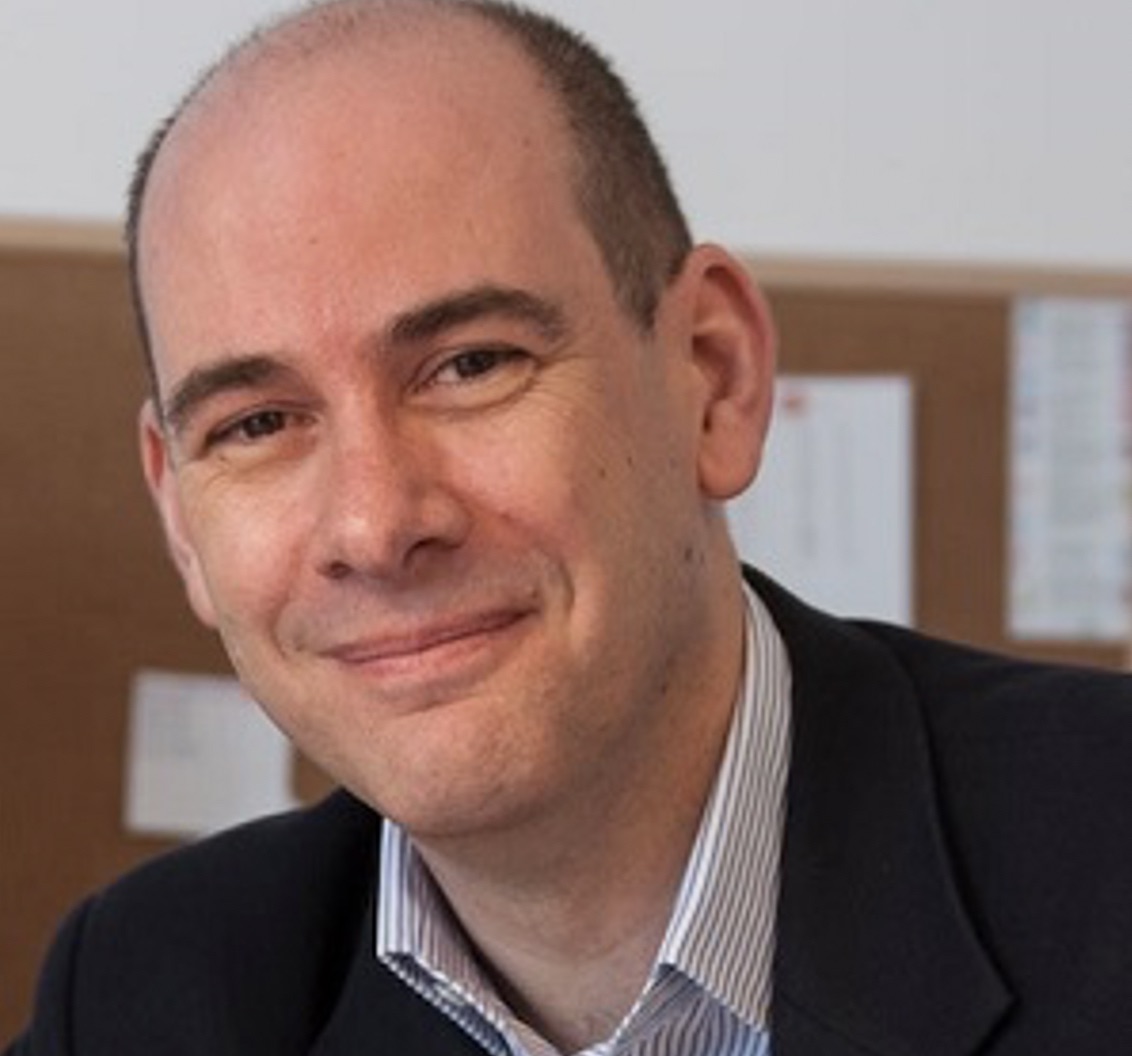 Paul Vickers Sonification and Stand Up Comedy
Paul Vickers Sonification and Stand Up Comedy -
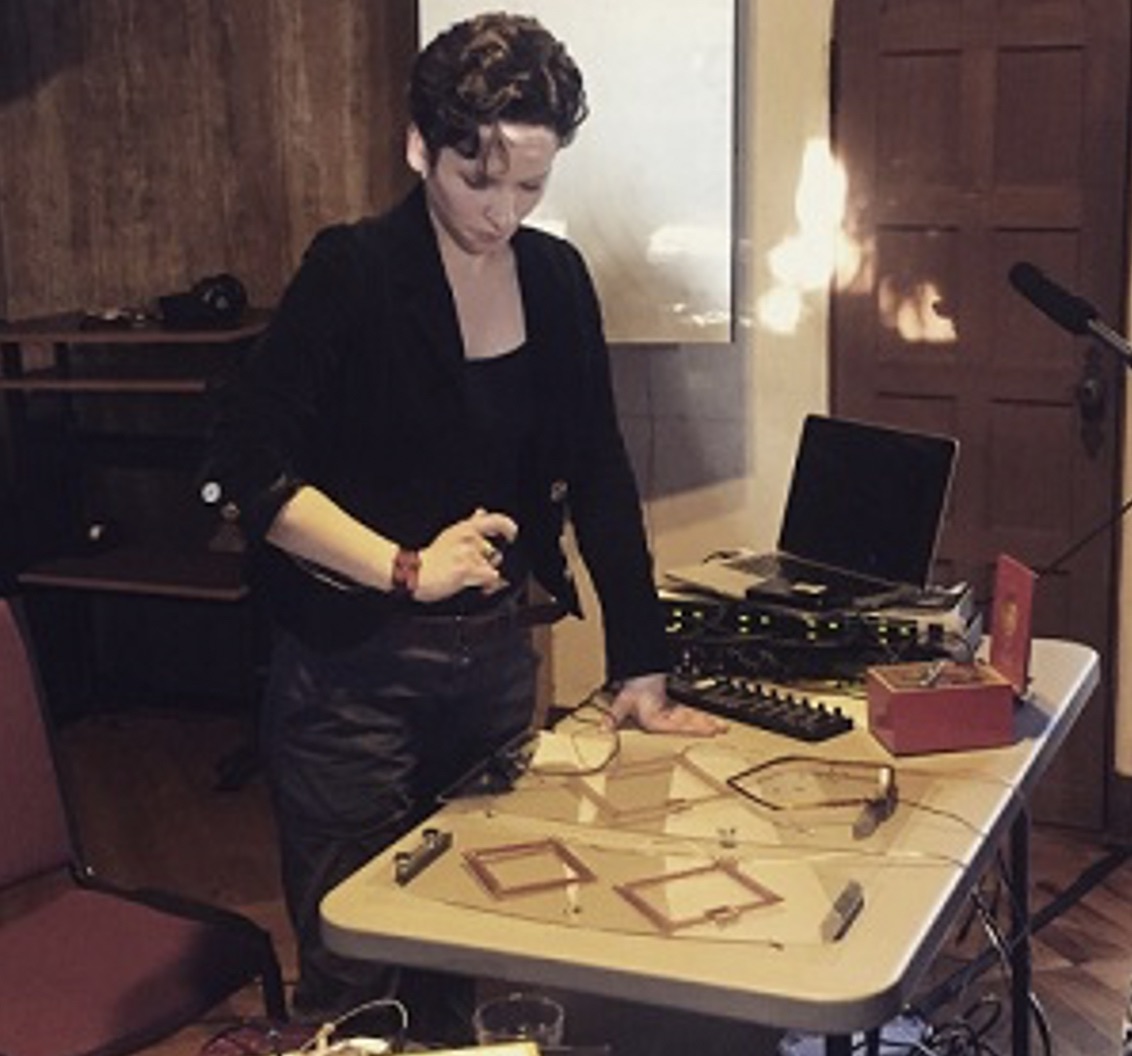 L. Alexis Emelianoff Sonification of Electrical Field
L. Alexis Emelianoff Sonification of Electrical Field -
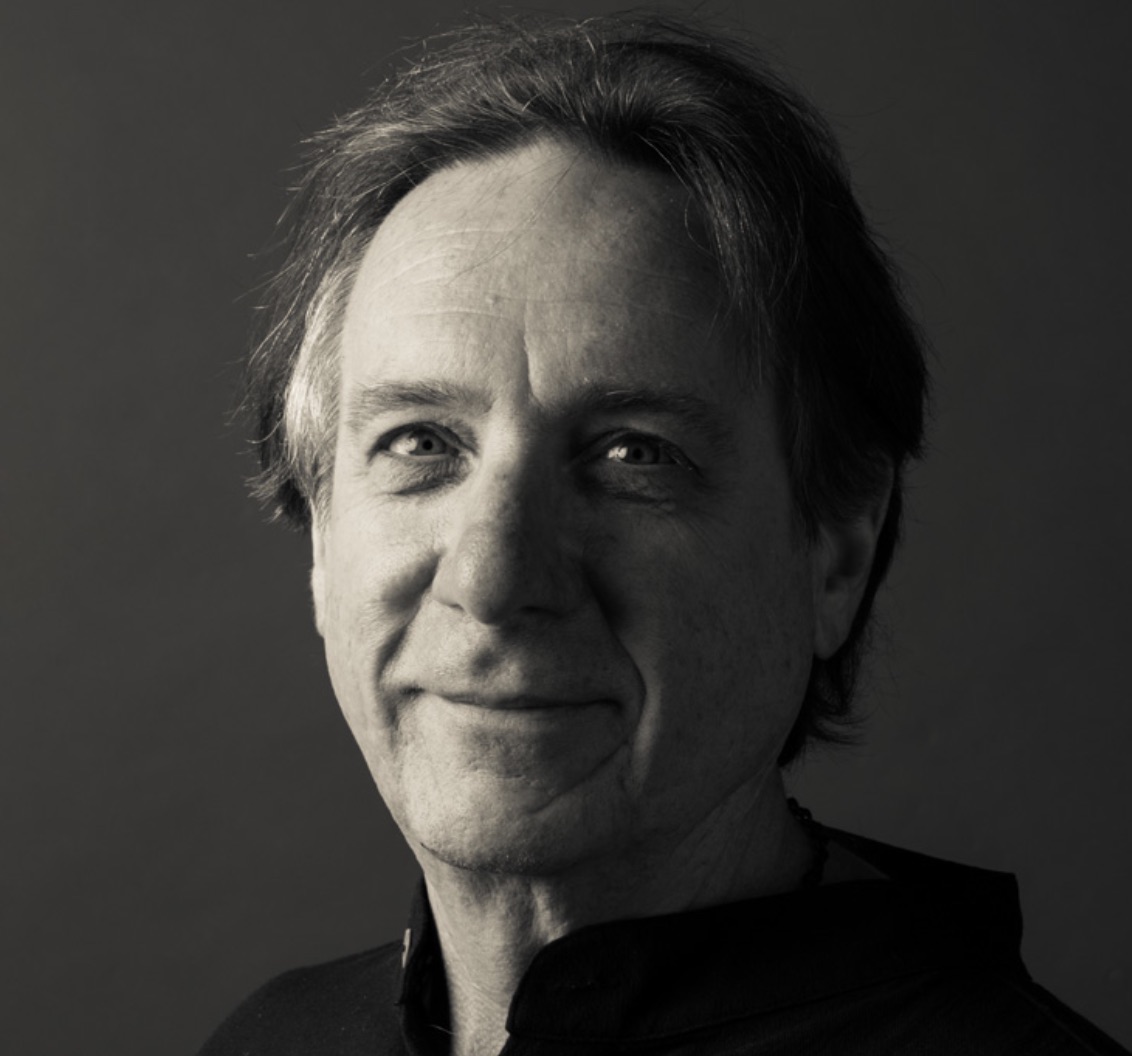 David Worrall Sonification guru
David Worrall Sonification guru -
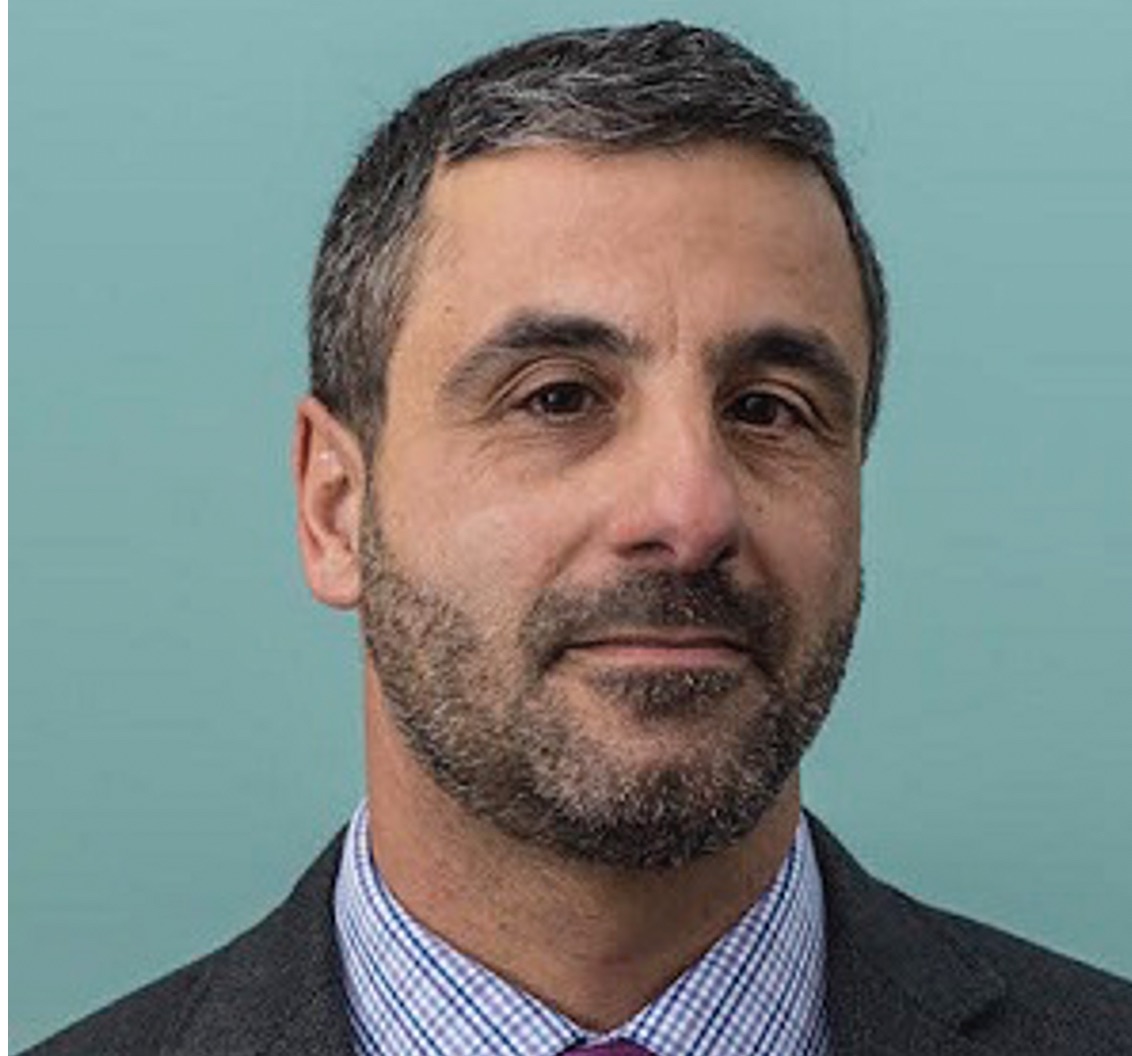 Marco Buongiorno Nardelli Composer - Material Science Physicist
Marco Buongiorno Nardelli Composer - Material Science Physicist -
 Sophia Roosth The Art of the Senses
Sophia Roosth The Art of the Senses -
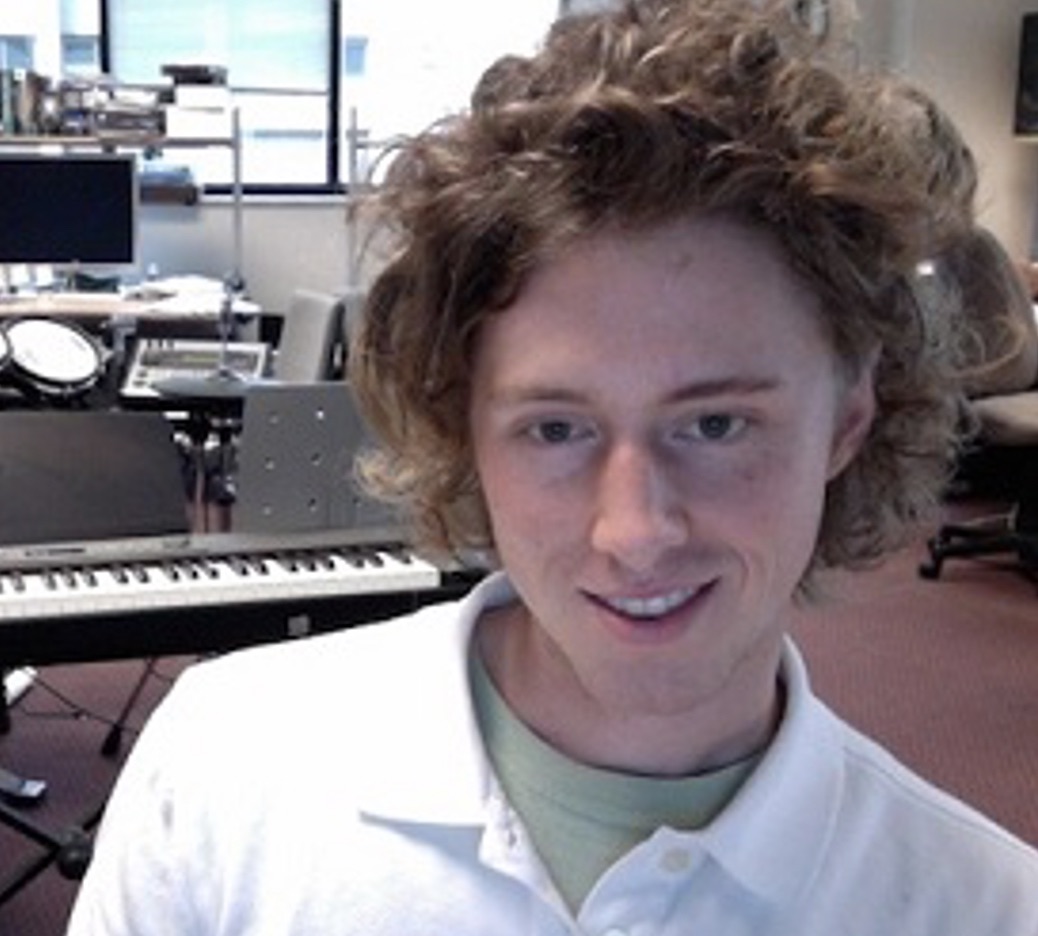 Mike Winters Sonification and Emotion
Mike Winters Sonification and Emotion -
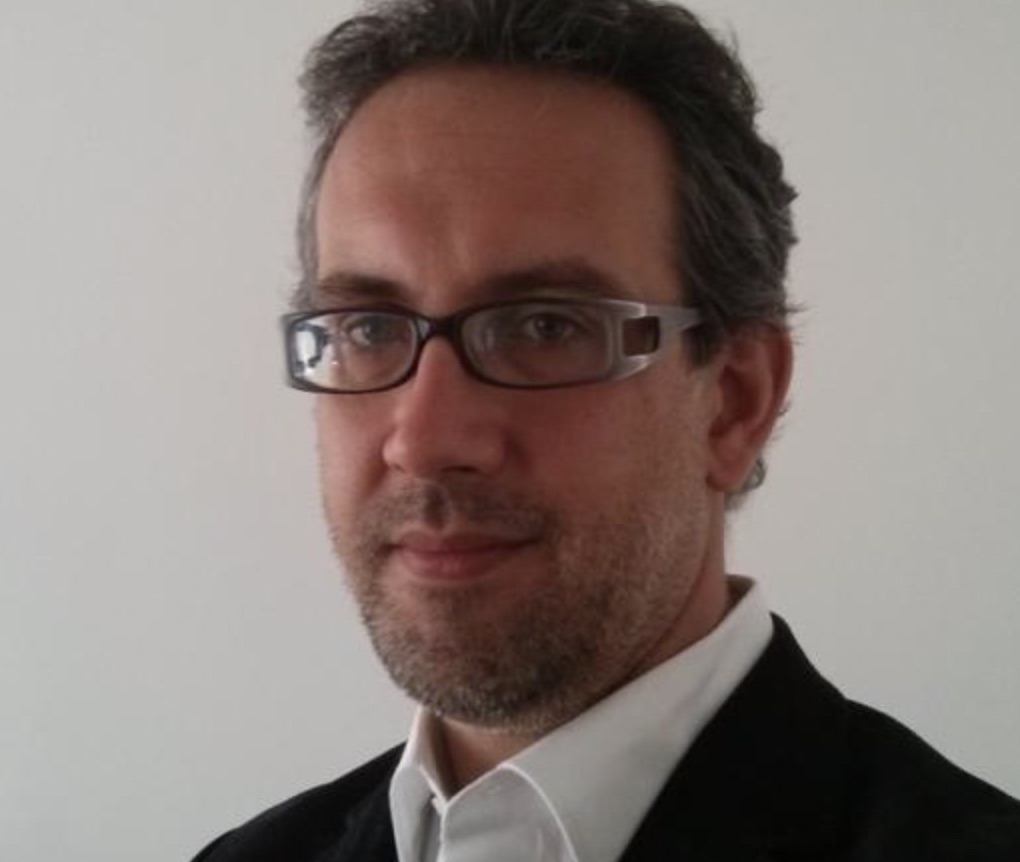 Florian Grond Sonification, Cognition and Interaction
Florian Grond Sonification, Cognition and Interaction -
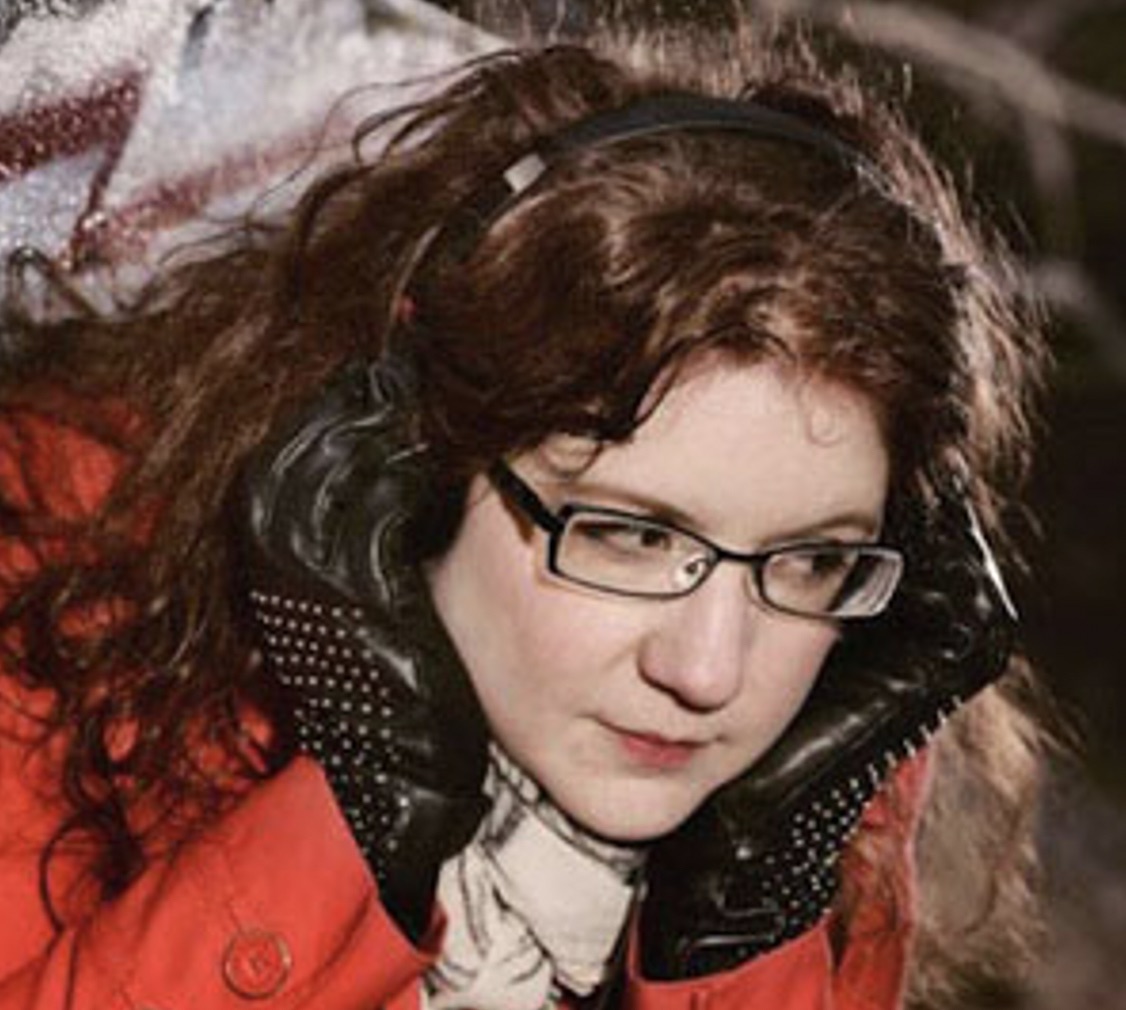 Margaret Schedele Composer - Art Science collaborator
Margaret Schedele Composer - Art Science collaborator -
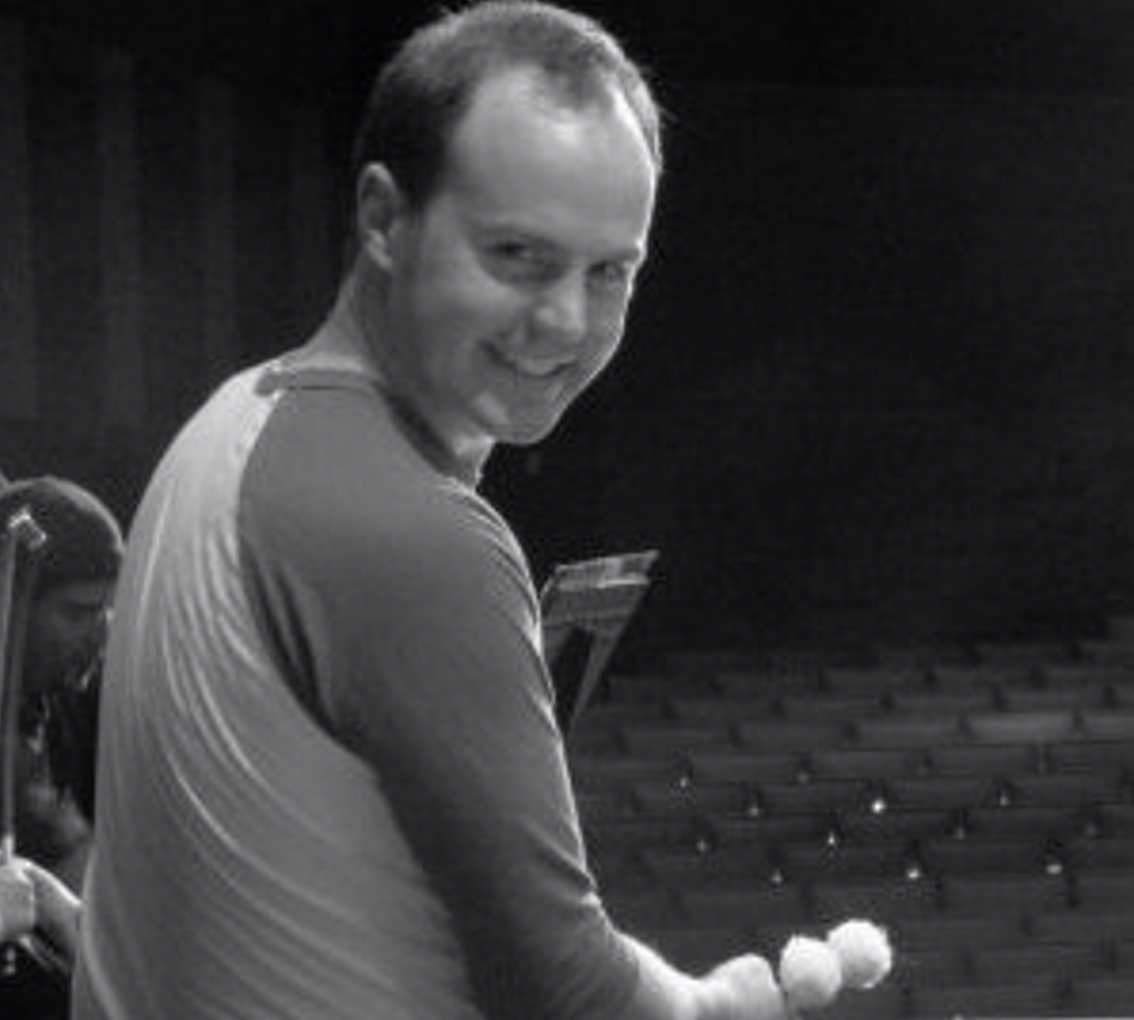 Andrew Blanton Percussion and sonification
Andrew Blanton Percussion and sonification
Transcript
Scot: Welcome to sound and data. So here we go with the creative disturbance channel, sound and data. And speaking with my, one of my great mentors and good close friends, Pauline Oliveros, who's been involved in this area of work of the boundaries of science and art for a very long time. And so I thought she would be just a fantastic person to have on as a guest and she is obliging me. So hello, Pauline, how you doing?Pauline: Hi, there, Scott. I'm doing fine. And it's good to see you ...hear you.
Scot: Been a long time
Pauline: Yeah... too long.
Scot: So you were saying you just returning from Venice? Right? You had a residency there as it was?.
Pauline:Yes, I was in residence at the Emily Harvey foundation in Venice
Scot: Right, sounds great
Pauline: I would like to express my gratitude. Because I had a really nice two months with, with my partner I own where we were working on the Nubian Ward for flowers, which is an opera, a phantom opera that where the Nubian soul meets the colonial mind./p>
Scot: Oh, wow, that sounds really interesting. So sort of sociology, or?
Scot: Been a long time
Pauline: Yeah... too long.
Scot: 0:49 So you were saying you just returning from Venice? Right? You had a residency there as it was? Yes, I Pauline 0:55 was in residence at the Emily Harvey foundation in Venice,
Scot: 0:59 right.
Pauline: 1:00 And for which I would like to express my gratitude. Because I had a really nice two months with, with my partner I own where we were working on the Nubian Ward for flowers, which is an opera, a phantom opera that where the Nubian soul meets the colonial mind.
Scot: 1:23 Oh, wow, that sounds really interesting. So sort of sociology, or?
Pauline: 1:30 Well,
Scot: 1:32 and cultural, cultural, of course, yeah, yeah. So anyway, the the focus of this particular channel is on sonification. And I, it occurred to me, some of the early influences that I mean, I arrived at at doing sonification as like a, I don't know, like a way of making art in the way that cage and a lot of people from an earlier generation were coming up with processes to create, to create art, and not necessarily with the science part, and then it sort of evolved into this more scientific thing. Do you have any comments about that?
Pauline: 2:11 Ah, well, I think that there's been a great Well, what should I say a great interest in, in, in scientific, in, in working together with physicists and scientists, for for most of the last half of the 20th century, and then now into the 21st century? I mean, because art and technology are coming together, and have been coming together for a very long time. When Actually, I mean, any any musical instrument that there is a technology. Right? We think it technology is computers now, but there's still all that hardware out there.
Scot: 3:04 Yeah. Right. Right. And then you also you have the art Science Conference. I couldn't make it to it last year, but I was really hoping I could, if it's a continuing thing, I'm going to try to come this next time.
Pauline: 3:16 Yeah, well, it's not going to happen this summer. Okay. We did the first and second conferences. And what has happened is the deep listening Institute is now part of RPI. Right? And we no longer have this 501 c three year and thanks them. And isn't it where I'm living? But it's it's the Center for deep listening at Rensselaer now.
Scot: 3:47 Right. I saw that announcement. Right. Yeah, that's
Pauline: 3:50 so Tony Han is the new director of the Center for deep listening, and she's needs the, you know, a year off from the conference in order to organize what's happening with the center and then to, you know, establishes the third conference. So it will continue, but it probably will be more by annual.
Scot: 4:18 Okay. Well, Tony, I remember her quite well. We performed together with you telematic. Lee at at the nine conference in 2005. I think that was and you like it? Yeah, you were at RPI. And we were at University of British Columbia. And then, as I remember, john mark, one tariff came in over the wire. But it was the middle of the night in Marseille because of the when they had scheduled any almost oversharing with credit when venture. Yeah,
Pauline: 4:49 it was nice. It was a nice concert. Yeah, yeah, it was very cool.
Scot: 4:54 It was well received, at least. But those telematic things are always sort of puzzling because the people promoting concerts don't realize what they're getting themselves into, and often don't
Scot: 5:06 know how I mean, it's still it's still a very new kind of thing for many most people, and also something that people shy away from. Oh, I'd rather be to be in the same room.
Pauline: 5:20 Yeah, right. Right. Well, and you've been doing, I've been doing the metaverse, I mean, the online avatar orchestra thing. That's interesting. I haven't
Scot: 5:30 thought one of my favorite groups is,
Pauline: 5:35 yeah, that's fantastic. And, you know, I've just because of the way things unfolded for me, I wasn't able to participate when that was starting up.
Pauline: 5:43 But I remember the first time I ever came in contact with Second Life was with you. Yeah. Does he work on it?
Scot: 5:51 Yeah, yeah, I've been I've been I was doing a lot in educational technology. For a while there. I don't know, just, I'm starting. Now I've got this position that at the School of Art and Technology, and emerging communication, which is the newly formed school at University of Texas at Dallas, and it's given me more free time for the kind of research that you and I used to be involved in quite a bit more. So I'm looking forward to maybe opening up that part of our collaboration again, if poss great.
Pauline: 6:19 Yeah. Wonderful. Well, that should be the something that didn't happen. And in the next year or so,
Scot: 6:28 yeah, well, one of the projects we're working on, and I thought you might find this interesting as we're sort of bringing this brain data, the connectome data from neuro scientist named Gilligan wig into like an exploratory sound space that you kind of move through and you hear things based on what the data is doing. So it's like, sort of like a 3d stethoscope sort of thing. But Dun, dun dun inside of the game game world, and that I think that should be done on a platform that's multi, a multiplayer platform. So you could come in from the internet with a bunch of people and everybody can move around inside of the brain hearing the different parts. And that's, that's one of the things we started working on just just recently.
Pauline: 7:13 And the possible, you could do a mixed reality version with AOL.
Scot: 7:23 Yeah, possibly. Yeah. I mean, we're just starting to develop this platform. Everything else before now has been in JavaScript. I'm working closely with Tim perkis. On on that on the JavaScript side, but we're just starting to move over to this idea of gamification, which is a whole nother Hmm, yeah.
Pauline: 7:39 Yeah, that sounds very interesting. Yeah. You know, there's a there's a very, I mean, the game game program at at RPI is very, very active. Oh, really? No, I didn't. I didn't
Scot: 7:55 realize they had that.
Pauline: 7:56 Yeah, no, no, this is a G. SAS is, it is it's rated very high. As I guess one of the best game programs, or game departments in the country.
Scot: 8:10 Oh, great. Well got as a tech is, is pretty much in the same kind of League, then it sounds like because they've got a really robust game program there as well.
Pauline: 8:19 And I work
Scot: 8:20 work out. That's one of the things that's motivating us moving over that way, because we kind of inherit a lot of the kind of raw talent that's around. So. So have you been doing anything in the sonification? area lately? Or do you or do you have a piece from the past that would be relevant to our listening audience?
Pauline: 8:36 Um, you know, I'm not sure that I knew
Scot: 8:41 I occurred to me was that heartbeat piece from Oh, from a long time ago, but it that's a
Pauline: 8:47 was a wonderful. No way back.
Scot: 8:49 Yeah, it's way back. Good. It's a fantastic piece. I mean, I've seen it perform two or three times. And every time it's just riveting.
Pauline: 8:57 That's the one for that was done for Bob, Ashley and Lucy. And for the sonic arts union.
Scot: 9:07 Yeah.
Pauline: 9:08 And 65 group.
Scot: 9:12 64.
Pauline: 9:13 Something like that. Yeah. Yeah. Yeah, that's, that's where their heartbeats were amplified.
Scot: 9:21 Yeah. And then we did a version of it the Center for contemporary music at some point, I think during one of your residencies, and it's just just really fantastic. Take something that's simple, you know, it, it sort of precursor of what Alvin Lucier went on to do quite a bit of which are these very, very elegant, simple, straightforward. The modifications of natural phenomenon, but on some, some level various artistic and scientific at the same time, on some level.
Pauline: 9:52 Oh, yeah. Well, Alan is a great example.
Scot: 9:56 Yeah, well, I hope to talk to him at something yet
Pauline: 9:59 for sure. Yeah.
Scot: 10:01 Anyway, I I've just, you know, I've just think where there's another spur of the work that that Roger is doing that has to do with pioneers and people that did groundbreaking work. I don't know if you know about that project. But that's, that's something that I'm sure you you should be contributing to as well. So I'll send you on that information about that. All right.
Pauline: 10:24 I have been talking a lot to a biologist at at RPI who was very interested in in satisfying his bacteria.
Scot: 10:38 Oh, yeah.
Pauline: 10:39 And I have a student, Brian Cooke, who has done some a lot of sonification. And he did a really interesting project, which was to satisfy the data from the Mohawk and Hudson River, where they come together. Oh, they're close by. And so then he he satisfied that data so to it, and it's online, you can you can listen to it online.
Scot: 11:14 Brian cook, huh.
Pauline: 11:15 Brian cook? Yeah,
Scot: 11:17 yeah. Well, maybe I'll give him an interview him about that, then that sounds like a
Pauline: 11:21 i think i think it would be a good interview him because I think that his vacation is one of, you know, better. A better sonification than I often hear one of the problems, you know, the problems with it. I guess I certainly have been interested in some applications of sounds from outer space. You know, but when you when you download sounds that are supposed to be a Jupiter, for example, if somebody's idea of what it sounds like.
Scot: 11:56 Yeah. And I
Pauline: 11:59 and what I'm interested in is how to get closer to what the the actual sound is that is that you could that you should be able to hear from electromagnetic wave. Right? Well, this sort of reminds me of that, that moonbounce bounce piece that that you came up with, that I helped with a while ago, and some of the most interesting part of the sounds from that were the sort of interference from the upper atmosphere and that kind of stuff, which gave it exactly, yeah,
Scot: 12:30 exactly. And the and the Doppler shift, the Doppler shift can was on the return signal,
Pauline: 12:38 right.
Scot: 12:40 And it would it would go up if the moon was setting and it would go down as the moon was rising.
Pauline: 12:46 Yeah, yeah, that was
Scot: 12:49 it was fine. I mean, the the shift was fight, but it was really beautiful. Also, the the, the echo itself from
Pauline: 12:59 right,
Scot: 13:01 is a very special quality that came from from that profit.
Pauline: 13:10 Yeah, interesting things that I found out is that since 911, the way we did that, which was before that, you can only do it with radio telescopes. Now, you couldn't use amateur radio equipment anymore, because they've limited the power that that amateur radios Can Can, can use, for some reason, part of them part of the thing, which is sort of a disappointment, because I know that's a piece I'd like to return to and do with higher fidelity now that we have, you know, the ability to Yeah, to do that kind of stuff. So well, I guess we'll have to talk to Doug Khan and see if he can give us a because he was certainly a fan of that piece. He wrote a big section in his book on on space art. to that and give a really good chronicling of the history of that piece and stuff.
Scot: 14:00 Yeah. Take a look at that.
Pauline: 14:03 Yeah. Yeah. Well, yeah. He interviewed me at length about it. I think he got a hold of you, didn't he? At some point? I'm not sure. Anyway.
Scot: 14:13 I don't think he did. He did. He should have been one thing that though I believe that it's illegal to send music to the moon.
Pauline: 14:23 Oh, really?
Scot: 14:24 Well, yeah. Yeah.
Pauline: 14:26 I think the FCC ruling came from the FCC. I've seen it somewhere. So God, I'm an outlaw? Of course.
Scot: 14:36 Yeah, of course. I've seen the poster to prove it. That's true. Well, anyway, we're hitting the 15 minute mark, which is our sort of our golden rule here. So I'm going to cut it off there. But this doesn't mean that it's the last time I'll I'll certainly get back to you polling and we'll have extended conversation as things go along. And so, thanks so much for for your time.
Pauline: 15:00 I really appreciate Oh, no, it's wonderful to talk with you glad to hear about what you're doing. And, you know, I'm glad things are working out for you there.
Scot: 15:11 Yeah, well, I appreciate that. We finally I finally have access to ipv6 and a good gig of pipe again, like I had back in the day when we were doing stuff. So I'm gonna, I'm gonna sort of crank up that telematics stuff in the future here pretty soon.
Pauline: 15:25 Yeah. Well, I I'll be teaching that again. The experimental telepresence. Oh, great. So yeah, we should do that. And, you know, Stephen Miller started this wonderful conference. That was that Chris chafe set up a seven, seven stations to do that conference. That was in January of 13. Right. And it was like,
Scot: 15:53 I don't, I couldn't at that point in my, where I was, I couldn't participate. But now I can.
Pauline: 15:59 But yeah, well, it was the conference was really exciting. And it was very good. And we should do it again.
Scot: 16:08 Yeah. Well, we have another note and we can make UT Dallas another note on the on the map.
Pauline: 16:13 Yeah. Right. So maybe maybe we can get that together over the next couple of years.
Scot: 16:20 Yeah, well, the machine the machine room in in the recording studio of the new recording studio. It's just kind of coming online has got like about 30 fiber bundles that aren't even hooked up. So I'm planning that's that's where I'm planning to you know, get this all started so
Pauline: 16:37 terrific. Yeah. All right.
Scot: 16:39 Okay. I'm gonna I'm gonna get off right now. So is really great. Okay, though. Hi. Assess sound and data. Transcribed by https://otter.ai

